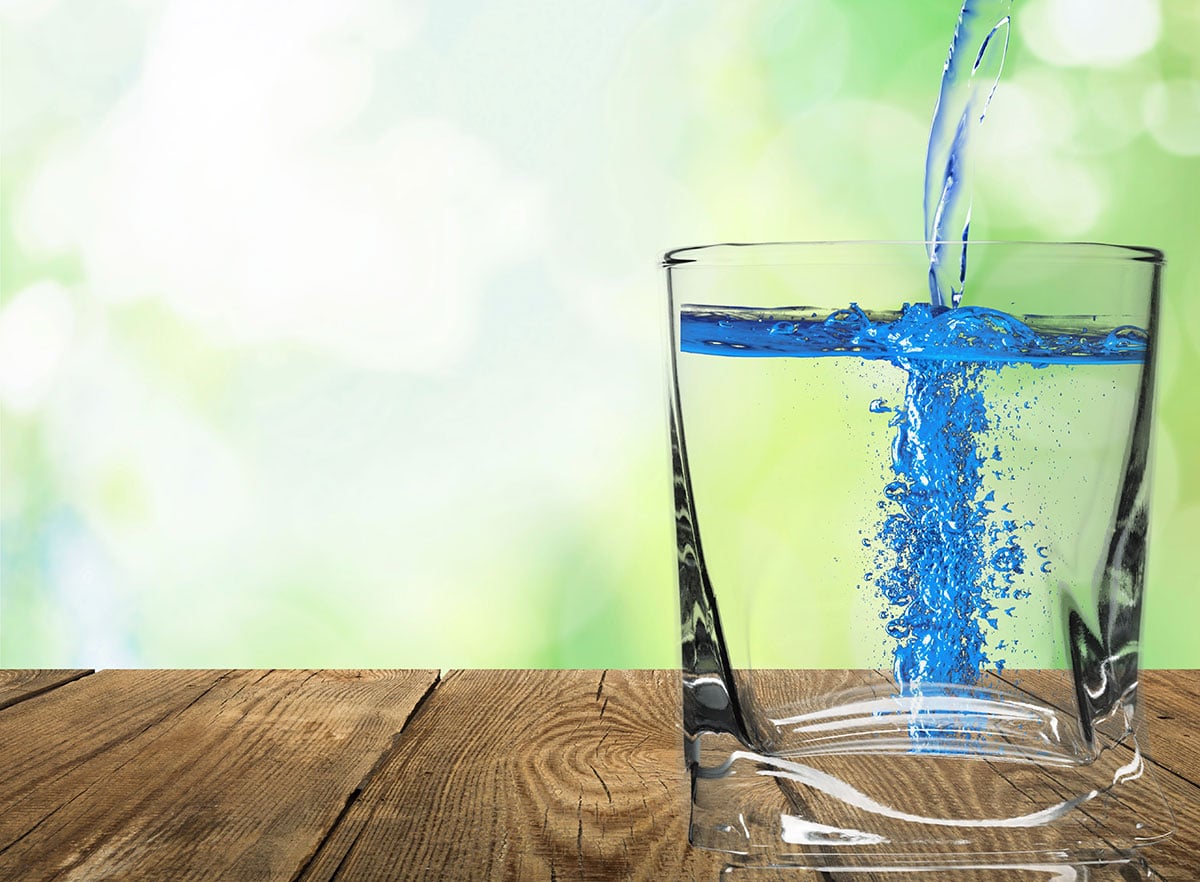Testing for Common Well Water Contaminants
- December 18, 2019
- Category: Uncategorized

After a major flood, storm, or fire, testing for well water contaminants should be at the top of your list of chores. But, which contaminants is your well water at risk for? This is a question Brelje & Race laboratories has the experience to answer.
First, we should address why it’s critical to regularly test your well water. Testing is an important part of keeping your water source clean and safe for human consumption. The test results will provide analysis that allows you to see specific problems within your water supply and delivery system. Your treatment options vary depending on the contaminants your system has, so having accurate test results is necessary for proper treatment.
Here are a few contaminants you should routinely test for in your well water.
Coliform Bacteria
E. coli can find its way into well water from surface water intrusion into the well. It is a bacteria found in the intestines of animals and humans. While coliform is harmless and unlikely to cause any kind of waterborne illness, its presence indicates there might be other harmful microorganisms in your water. There should be no E. coli present in your well system.
Nitrate
This is a common contaminant found in groundwater. High concentrations of nitrite can be dangerous for babies because it interferes with the ability of blood to carry oxygen.
Nitrites and nitrates exist naturally in both animals and plants and are commonly used in fertilizers. Once the animals use the amount of nitrogen that they need, the excess is excreted through their digestive tract, and then makes its way from surface water to groundwater. Excessive application of fertilizers can result in stormwater runoff that may also affect well water.
Arsenic
Arsenic is a naturally occurring element in rock formations and soils that can affect the safety of well water when it is found in levels exceeding guidelines. The presence of arsenic may increase or diminish depending on ground water levels at the well site.
Ions
Ions such as chloride, manganese, iron, and sodium can cause undesirable tastes or smells. These are routinely found in water, but regular testing can determine if there’s an unhealthy amount.
If you feel that your private well system needs to be tested to ensure your water source is up to government and federal regulations, give Brelje & Race Laboratories a call.
